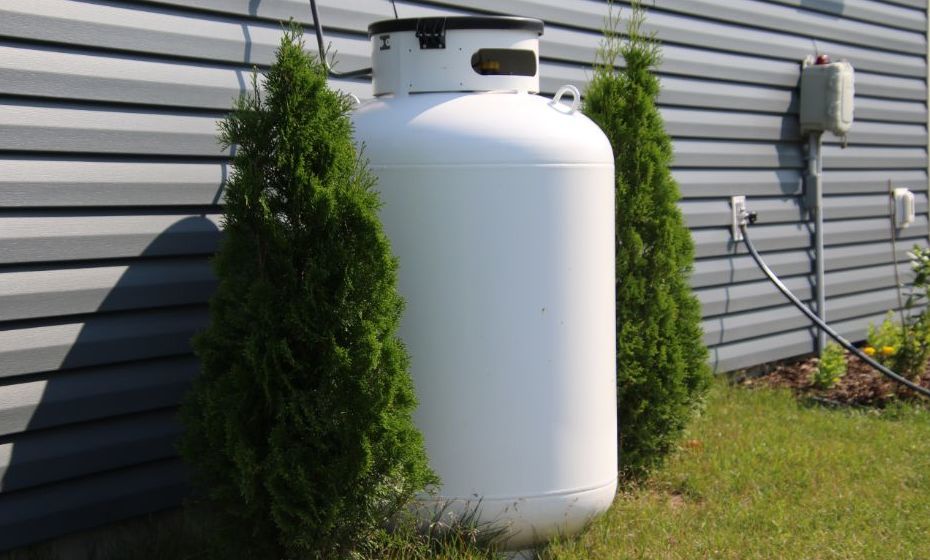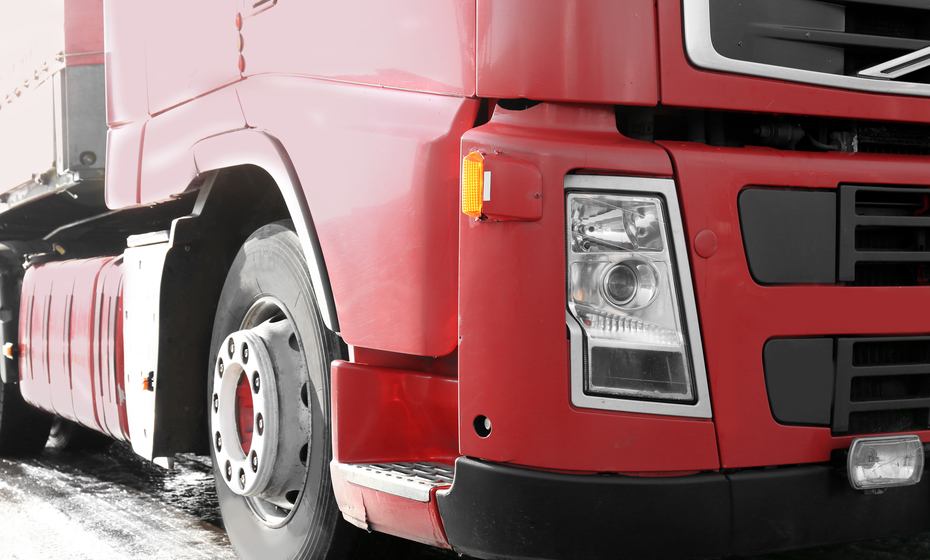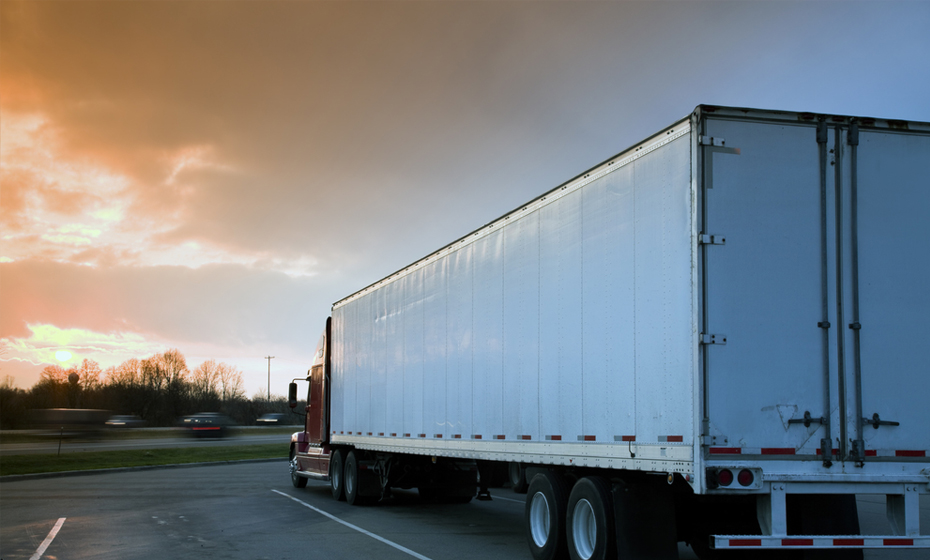The versatile and useful gas we all know as propane powers warehouse forklifts, torches, home barbecues, and more. It is an indispensable product in this day and age. But because it is pressurized and flammable, a huge amount of explosive force is carried by propane. For this reason, according to the Compressed Gas Association (CGA) and OSHA, propane must be transported, handled, and stored per specifically set regulations. To include all of the OSHA propane regulations would be a lengthy and tedious process. To make things easier and quicker, we’ve included some key points here.
Transporting Propane
Propane cylinders are meant to last and are assembled to withstand pressure at staggering amounts. On the other hand, when being transported, they require careful and gentle handling.
- Transport trucks must be positioned so that: 1) shut off valves are easily accessible, 2) the vehicle is 5 feet from storage containers, and 3) it is not parked on public thoroughfares.
- While transporting or handling cylinders, no smoking is allowed.
- Adequate ventilation is necessary.
- Where heat buildup or hot weather is a factor, cylinders cannot be left in a closed vehicle.
- Valves must always be in a closed position. There may be an additional requirement, even if cylinders are empty, for valves to be sealed with a plug.
- During transport, cylinders must be secured and upright.
Use of Propane
To keep everyone safe, manufacturer’s instructions should be followed whether propane is being used at work, on a holiday, or at home.
- Safety precautions must be followed whether cylinders are empty or full.
- When parking propane powered trucks for extended periods of time, turn the service valve off. LPG powered trucks should never be left near busy areas, exits, stairways, or heat sources.
- Never repair or modify the cylinder, regulator, valves, or an LPG appliance.
- Do not allow overheating of a cylinder.
- Never cut open or disassemble a cylinder.
- Do not operate spark-producing electric tools, have open flames, or smoke near propane.
- Periodically inspect propane equipment for malfunctioning parts or leaks.
- To avoid a potential leak, the valve should be closed when a cylinder is not in use.
- Do not allow the cylinder to be dropped, dragged, rolled, or banged against another object.
- When opening a valve, do not use excessive force.
- When changing a cylinder, do not use metal tools.
- When disconnecting and connecting propane cylinders, gloves and appropriate eye and face protection should be worn.
- LPG containers should only be replaced by authorized, trained personnel.
- For cylinder changing, refueling, and proper use procedures, consult propane powered device documentation.
- For any propane powered equipment, manufacturer’s instructions should always be followed.
Storing Propane
The following applies to propane storage:
- While in storage, container valves must be protected by setting them in a location that prevents interference with the valve.
- Within easy access of storage, fire extinguishers should be positioned.
- Cylinders should regularly be checked for signs of wear, rust, and leaks.
- Periodically check cylinder collar dates.
- An adequate support system must be used so that containers do not fall.
- Proper relief valve orientation should be adhered to during storage.
- Cylinders must not be stored near a heat source or in an area above 120°F.
- At least 20 feet from other buildings, and in a cage with a protective overhead or outside in the open, is the proper location for not-in-use cylinders.
- Combustible materials or other flammable materials must not be stored with propane cylinders.
- Do not store cylinders near busy or high traffic areas, entryways, stairways, or exits (per OSHA).
- In non-publicly-frequented buildings, industrial facilities may be allowed to store propane cylinders, but under regulations detailed on the OSHA website.
Mickey Genuine Parts sells parts, accessories, and equipment – some of which can be used for the handling and transport of propane. We also have service centers located throughout the United States. Contact one of our representatives to find out more.




